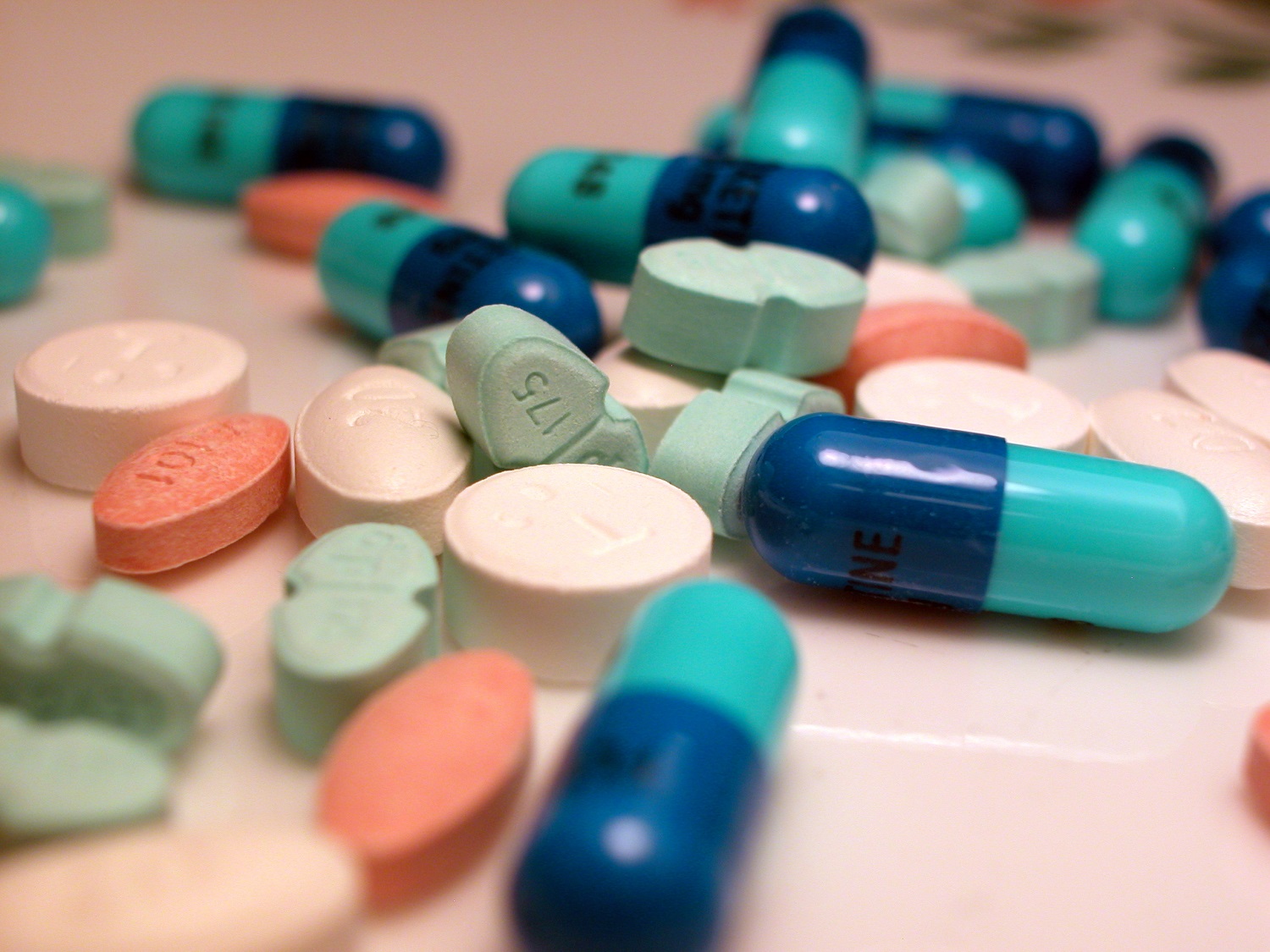
Antibiotic resistance: the challenge for farming
Farm animals consume about 30% of all antibiotics in the UK and about 65% of antibiotics worldwide. It is intensive farming systems that use drugs at unnecessarily high levels, putting human health at risk.
Many of the antibiotics you might get prescribed from the doctor are the same as those given to animals, and they are becoming less and less effective. This is because the more that antibiotics are used in humans or animals, the more bacteria develop resistance. Bacteria that develop antibiotic resistance in farm animals can pass to humans and cause resistant infections.
Antibiotics should be used responsibly in humans and animals. But in intensive farming they can be given to animals as a preventative measure - before they show signs of illness - to compensate for animals being housed in cramped, unsanitary conditions where infections spread easily. Governments should act to end all forms of routine farm antibiotic use including preventative group treatments.
By 2050, if action is not taken to reduce antibiotic use, it is predicted that globally 10 million people a year could die because of antibiotic resistance.
We need an alternative to unhealthy, unhygienic intensive livestock farming. We must prioritise good animal husbandry to minimise disease, as seen in agroecological and organic farming systems.

Organic shows there is another way
Approaches to farming that focus on animal health and welfare do not need to depend on antibiotics.
Organic standards look to provide conditions where animals have freedom to roam, express their natural instincts and live in smaller groups.
Addressing the causes of infections and diseases – such as air quality – means that disease burdens are lower in organic systems, so there is less need for antibiotics. But when diseases do arise, antibiotics can be used, much like for us humans, they are life-saving drugs ready when we need them most.

Alliance to Save Our Antibiotics
We’re a founding member of the Alliance to Save Our Antibiotics.
We’re campaigning for UK and EU wide reductions in antibiotics use in farm animals.
We’re calling for the UK government to ban the routine preventative use of antibiotics in groups of entirely healthy farm animals.
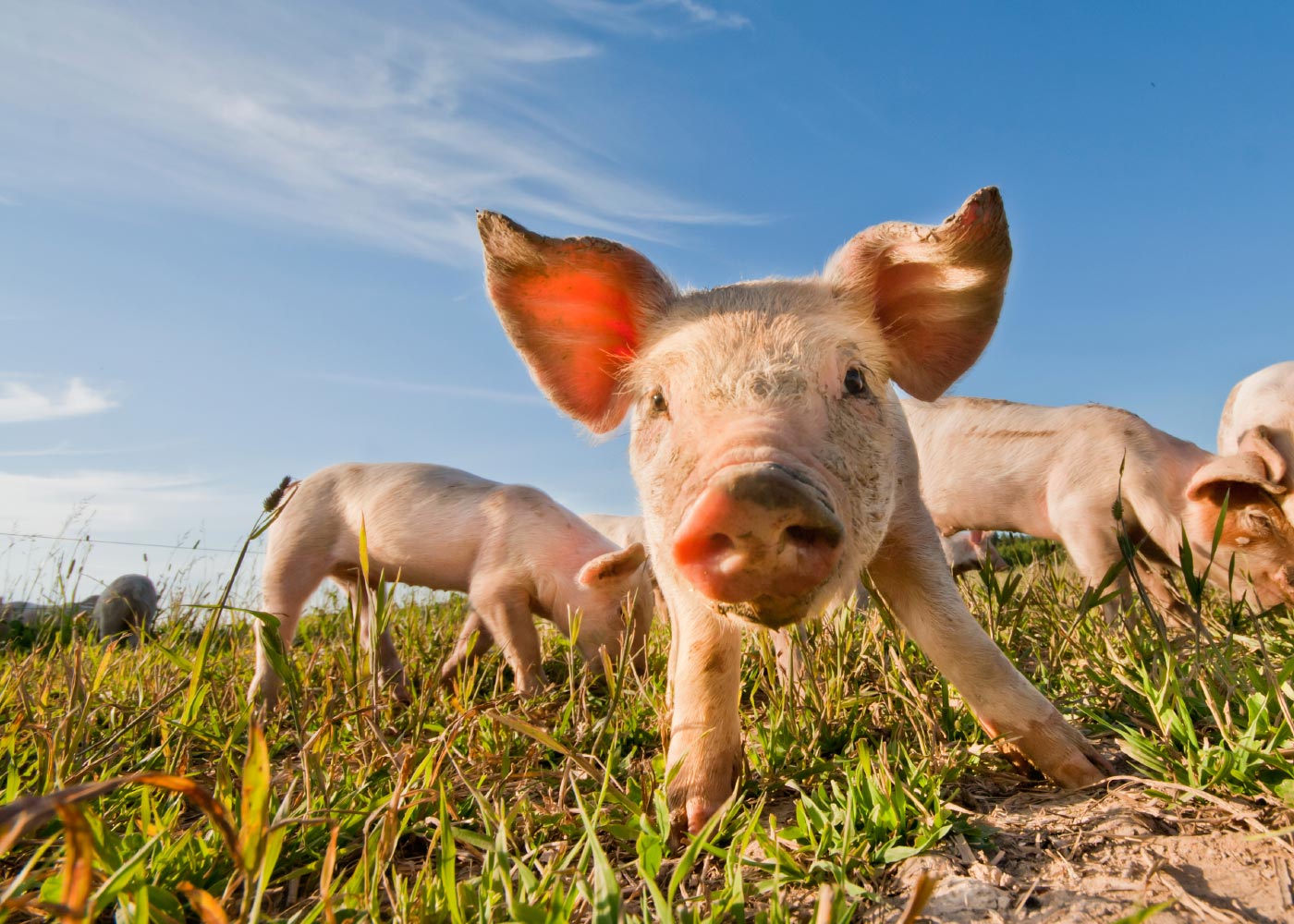
Pigs are healthier when weaned later
Organic systems require that piglets stay with their mothers for at least the first 40 days of their life. This reduces the stress of separation, improves piglet survival rate and health of adult pigs. In a UK government study, non-organic pig farms used between 13-330 times more antibiotics than organic.

Restricting antibiotics in organic farming
There are a number of "critically important" antibiotics that are restricted in Soil Association's higher standards. These antibiotics play a critical role in treating infections in humans and animals and if bacteria becomes resistant then the impact would be catastrophic.
What we're doing
We work throughout the farming sector to ensure that farm animals in all systems experience a good life. We campaign governments, improve farm assurance and engage farmers to support them to adapt and improve practice.
Assurewel
Our project with RSPCA and Bristol Uni pushes the boundaries of farm welfare.
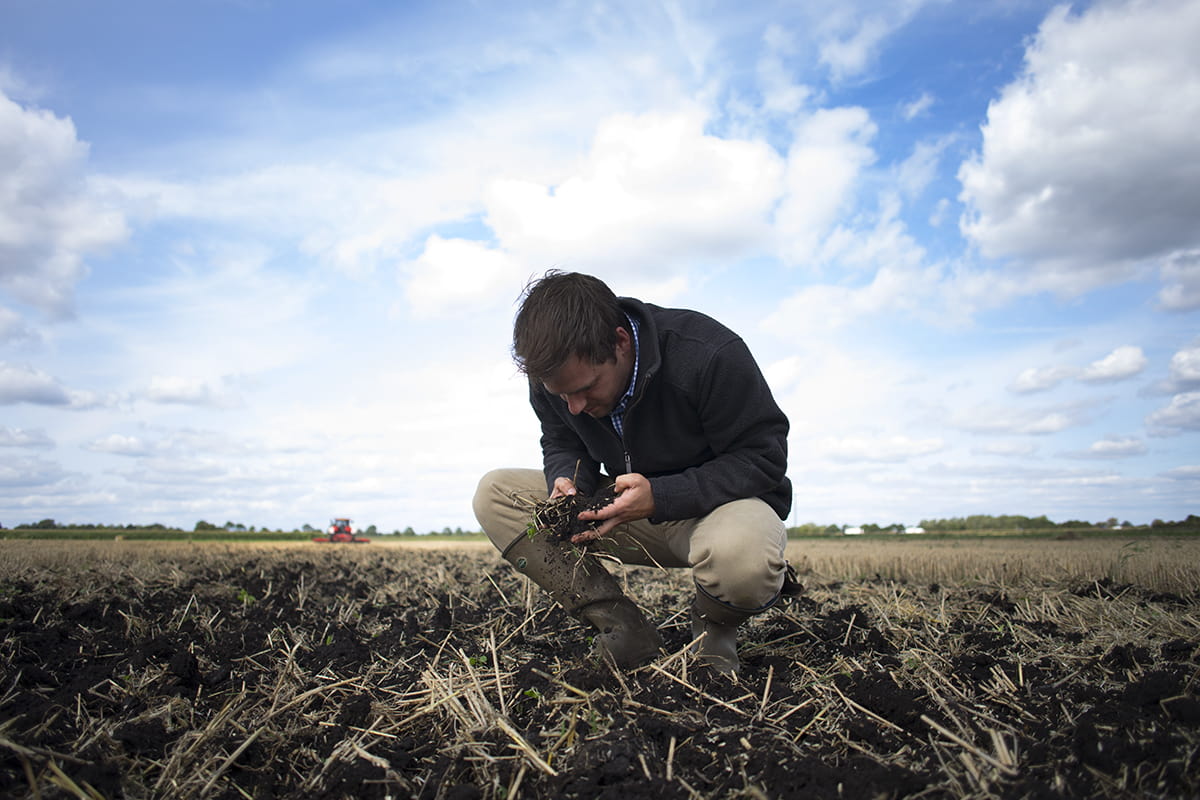
Innovative Farmers
Our work with a network of farmers and growers on farmer-led field labs find solutions to animal health problems.
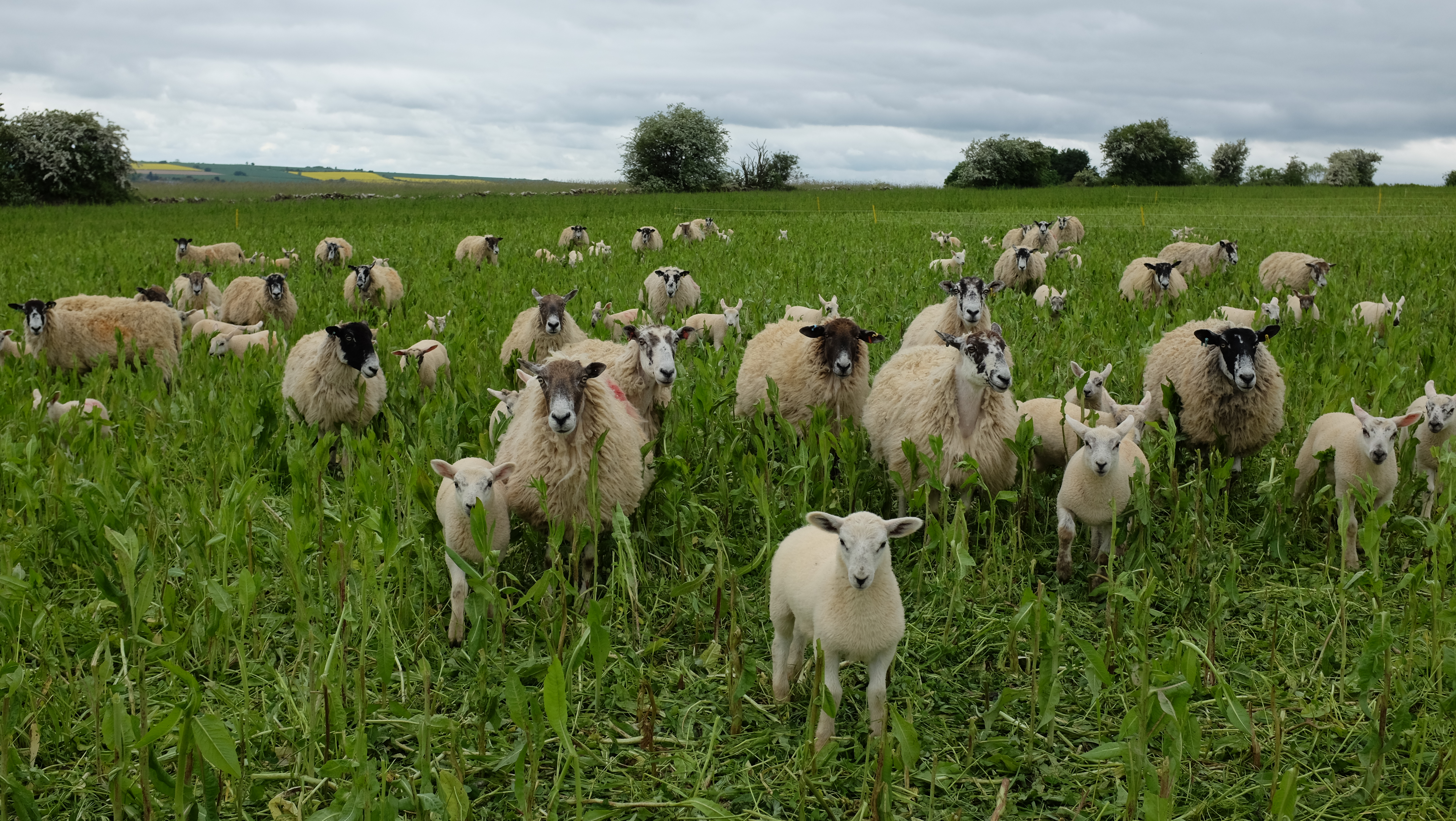
Animal welfare
Soil Association Higher Standards mean that animals are reared with the highest levels of animal welfare without the routine use of antibiotics.
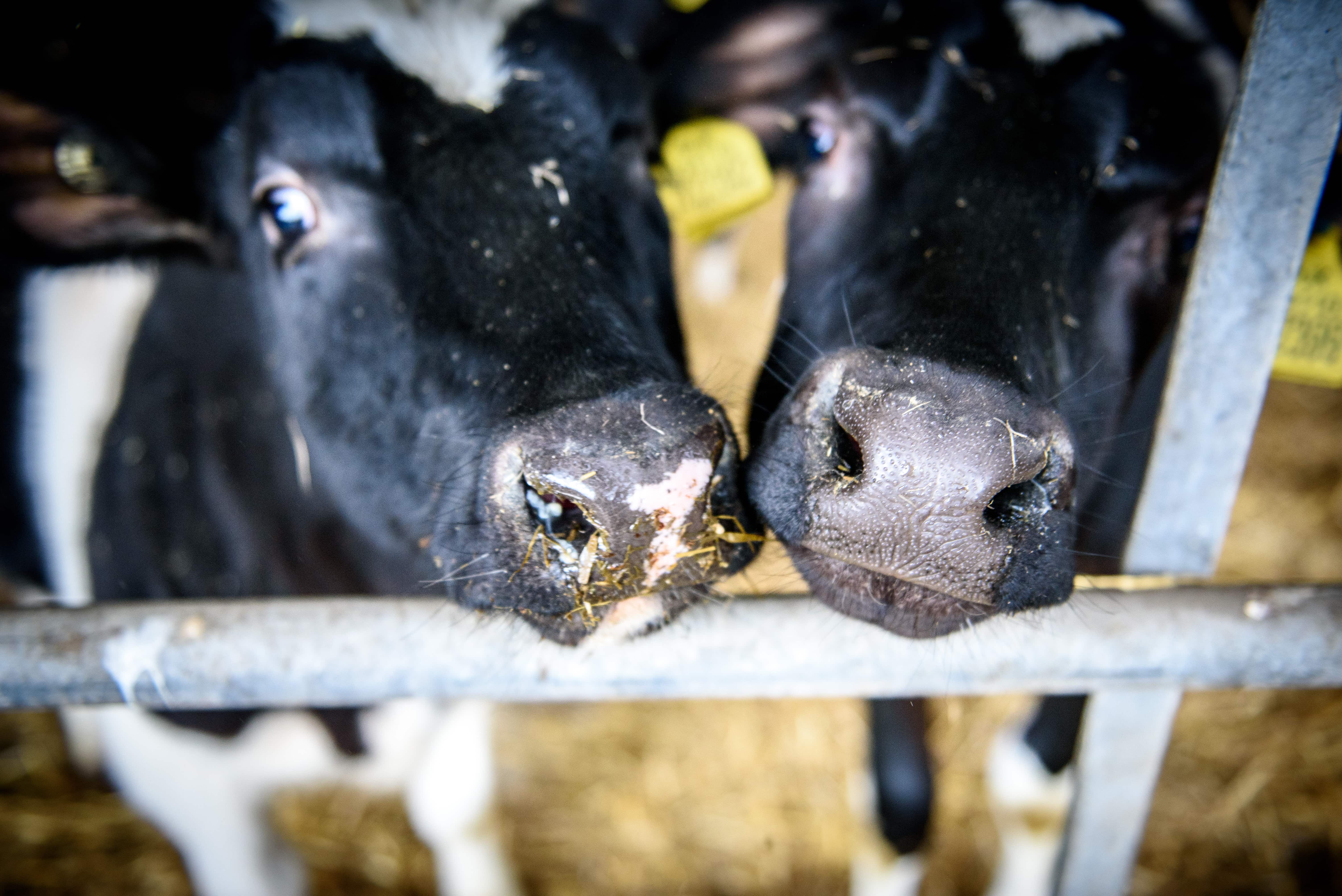
"Through the Innovative Farmers network, farmers, vets and researchers are investigating a new on farm test that can help them reduce antibiotics by quickly identifying what is causing mastitis."
How you can help
We can reduce the need for antibiotics whilst preventing many animals from living in cramped, unsanitary conditions. Together, we can prevent a human-health disaster and continue to improve the lives of millions of farm animals.
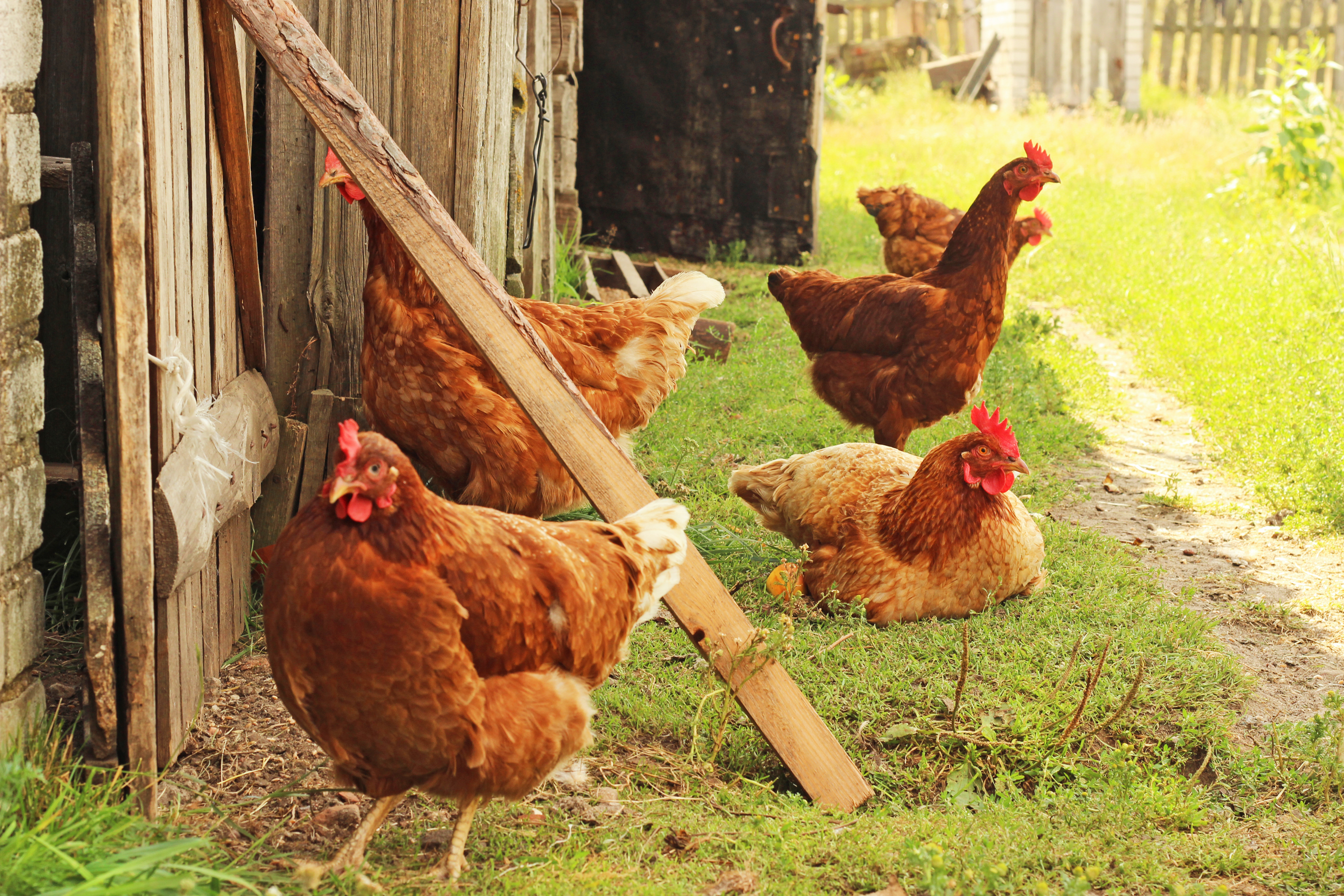
Buy organic
By buying organic you can guarantee that the animal has been cared for using high animal welfare standards with no routine antibiotic use.

Join us
By joining us as a member today, we can prevent a human health disaster and continue to improve the lives of millions of farm animals.

